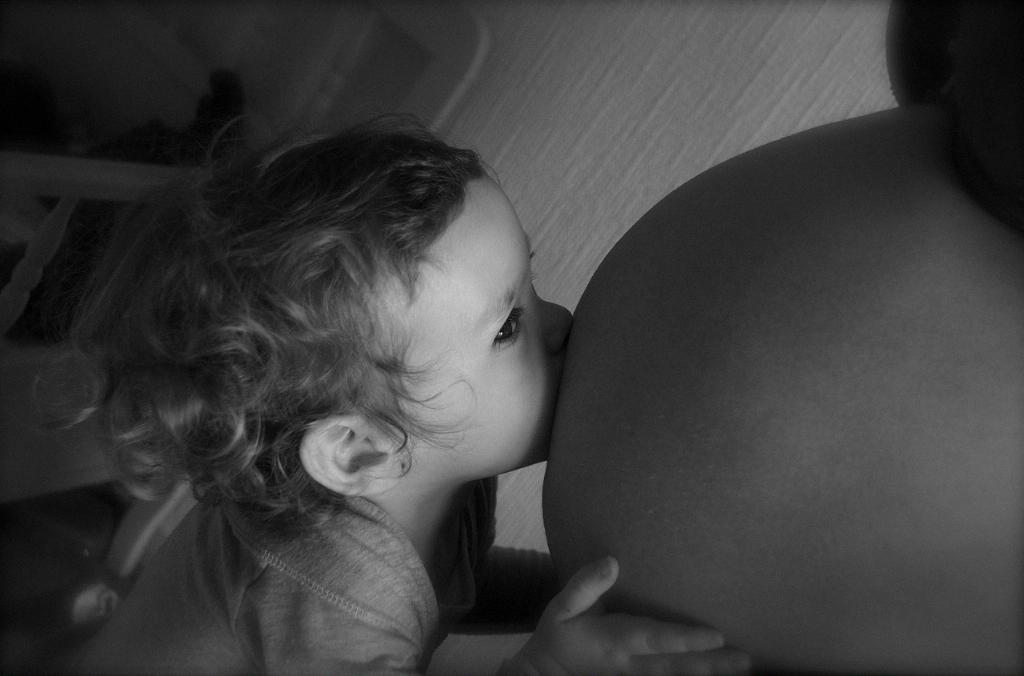One common question that may arise when discussing early pregnancy symptoms is whether itching can be a potential indicator. Itching, also known as pruritus, can be caused by a variety of factors, including hormonal changes, skin stretching, and increased blood flow. However, it is essential to note that itching is not typically considered a primary symptom of early pregnancy. In most cases, itching during pregnancy tends to occur later on, often in the second or third trimester.
Factors Contributing to Itching
During pregnancy, the body undergoes significant changes that can impact the skin’s condition. Hormonal fluctuations, particularly elevated levels of estrogen and progesterone, can lead to dryness and sensitivity, which may result in itching. Additionally, as the abdomen expands to accommodate the growing fetus, the skin stretches, causing discomfort and potential irritation. Increased blood circulation to support the developing baby can also play a role in exacerbating itching sensations.
Common Skin Conditions in Pregnancy
While itching may not be a prominent symptom in early pregnancy, there are specific skin conditions that are more commonly associated with this period. For instance, some women may experience pruritic urticarial papules and plaques of pregnancy (PUPPP), a benign but uncomfortable rash that typically occurs in the third trimester. Another condition, known as intrahepatic cholestasis of pregnancy (ICP), can cause severe itching, particularly on the palms and soles of the feet, due to impaired liver function.
Seeking Medical Advice
If you are experiencing persistent or severe itching during early pregnancy, it is crucial to consult with your healthcare provider. While itchy skin is usually benign and manageable, certain cases may warrant medical attention to rule out underlying conditions or complications. Your doctor can provide guidance on suitable remedies and treatments to alleviate discomfort and ensure the well-being of both you and your baby.
Managing Itching Discomfort
To alleviate itching during pregnancy, there are several self-care measures that you can adopt. Maintaining proper hydration by drinking plenty of water, using gentle and fragrance-free skincare products, avoiding hot showers, and wearing loose, breathable clothing can help soothe irritated skin. Applying moisturizers or calamine lotion may also provide relief for dryness and itching.
Embracing Natural Remedies
Some women prefer utilizing natural remedies to address itching during pregnancy. Oatmeal baths, aloe vera gel, and coconut oil are popular choices for soothing the skin and reducing inflammation. However, it is advisable to consult with your healthcare provider before trying any alternative treatments to ensure they are safe and suitable for your individual situation.
Maintaining Skin Health
Keeping your skin healthy and well-nourished is essential throughout pregnancy to prevent excessive itching and irritation. Using mild, hypoallergenic skincare products, practicing good hygiene, and consuming a balanced diet rich in essential nutrients can support the overall health of your skin. Regular moisturization and gentle exfoliation can also promote skin elasticity and reduce discomfort.
Addressing Underlying Issues
In some cases, itching during pregnancy may be linked to underlying medical conditions such as eczema, psoriasis, or allergies. If you have a pre-existing skin condition, pregnancy may exacerbate symptoms and require tailored management strategies. Discussing your concerns with a dermatologist or allergist can help address specific issues and develop a personalized treatment plan.
Considering Psychological Factors
It is essential to acknowledge the impact of psychological factors on itching sensations during pregnancy. Stress, anxiety, and changes in emotional well-being can contribute to skin sensitivity and exacerbate itching. Engaging in relaxation techniques, maintaining a positive mindset, and seeking support from loved ones can help reduce psychological distress and alleviate physical discomfort.
Monitoring Symptoms Closely
While itching may not typically signify early pregnancy, being mindful of changes in your skin condition and overall well-being is crucial. If you notice a sudden onset of severe itching, unusual rashes, or persistent discomfort, do not hesitate to reach out to your healthcare provider for evaluation. Prompt attention to concerning symptoms can ensure timely intervention and appropriate care.
Embracing Pregnancy Journey
Every pregnancy is unique, and experiencing various symptoms, including itching, is a normal part of the journey. Embrace the changes happening within your body and trust in your ability to navigate this transformative period. Remember to prioritize self-care, seek professional guidance when needed, and celebrate the miraculous process of bringing new life into the world.
Final Thoughts
In conclusion, while itching may not commonly occur in early pregnancy, it is essential to be attentive to your body’s signals and seek assistance if discomfort persists or intensifies. By understanding the factors influencing itching during pregnancy, adopting appropriate self-care practices, and maintaining open communication with your healthcare provider, you can effectively manage symptoms and promote skin health throughout this remarkable journey of motherhood.

